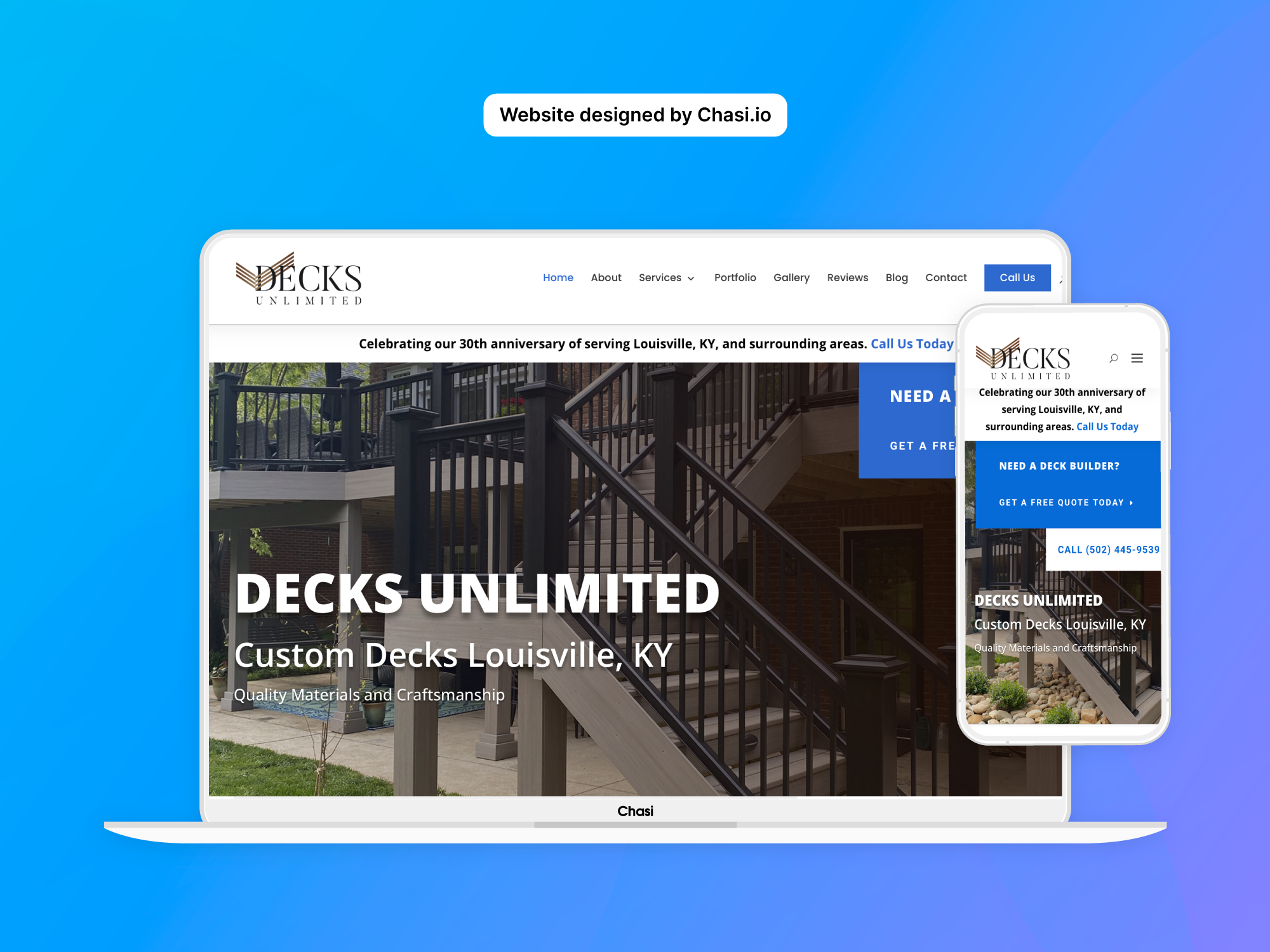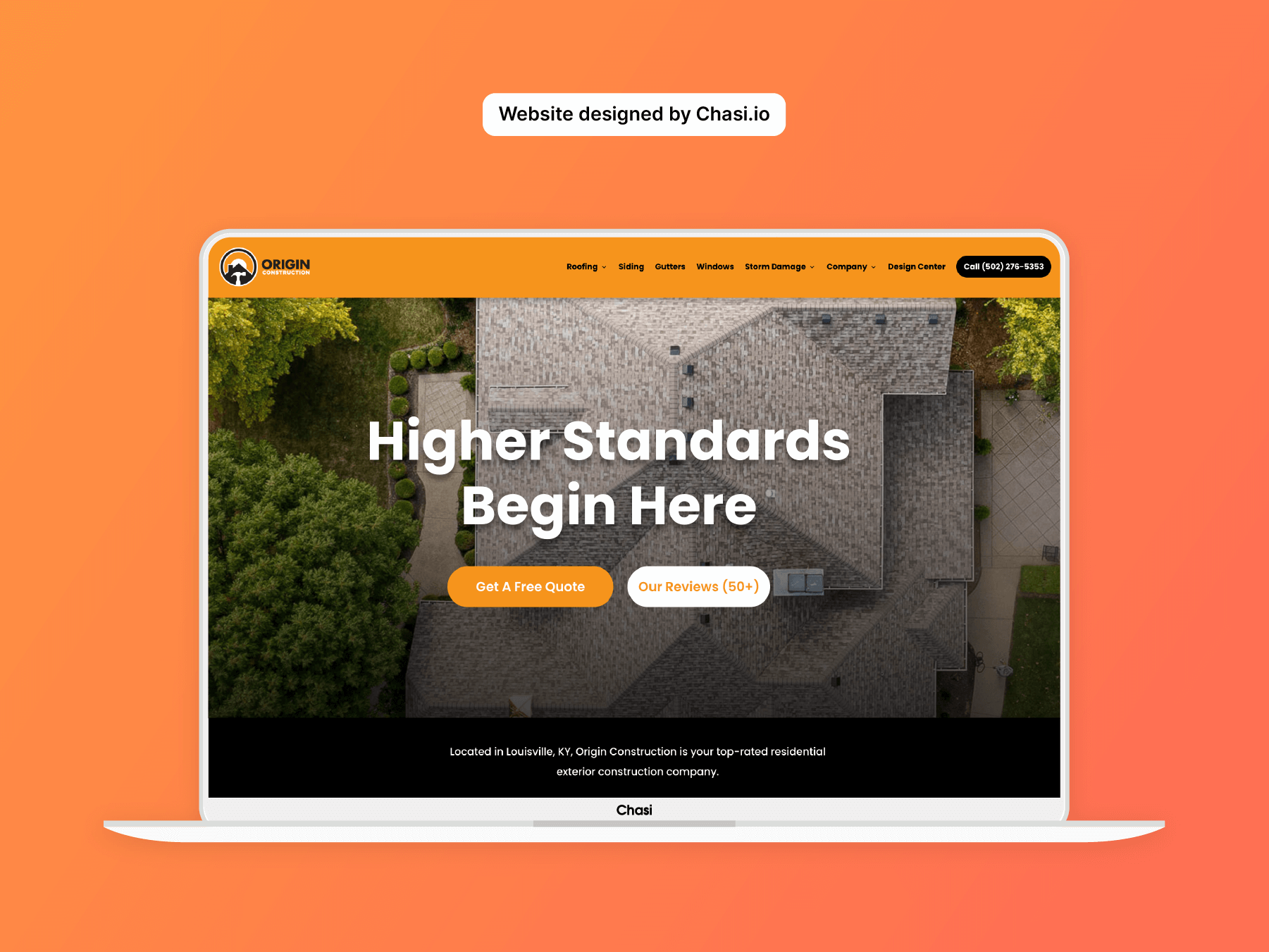Having a reliable email provider is essential for maintaining professionalism, productivity, and efficient communication. While there are numerous options available, two standout choices are Gmail and Zoho.
In this article, we will explore the benefits of using a reliable third-party email provider and the importance of keeping your email and website hosting separate to ensure optimal performance and deliverability.
The Advantages of a Reliable Third-Party Email Provider
- Enhanced Deliverability: One of the foremost advantages of using a dedicated email provider like Gmail or Zoho for your business is the improved deliverability of your emails. These providers have established relationships with major email service providers, ensuring that your emails have a higher chance of landing in your recipients’ inboxes and not getting lost in spam folders.
- Robust Security Measures: Gmail and Zoho offer advanced security features to protect your sensitive business communications. These include spam filters, malware detection, two-factor authentication, and encryption, which collectively safeguard your data from potential cyber threats.
- Professionalism and Credibility: Using a branded email address with your own domain (e.g., [email protected]) rather than a generic one (e.g., [email protected]) enhances your business’s professionalism and credibility. Clients and partners are more likely to trust a business that utilizes a custom email address.
- Seamless Integration: Both Gmail and Zoho seamlessly integrate with a wide array of business tools and applications, enhancing your workflow efficiency. You can easily connect your email to productivity tools, calendars, project management software, and more.
- Ample Storage: Third-party email providers typically offer ample storage space for your emails, attachments, and other data. This ensures that you won’t run out of space and can maintain a comprehensive record of your business communications.
The Importance of Separate Email and Website Hosting
It’s crucial to understand that website hosting and email hosting are distinct services, each with its own set of requirements and considerations. Using a shared web hosting provider that includes emails might seem convenient, but it often leads to deliverability issues and compromises the performance of both your website and emails.
- Deliverability Issues: Shared hosting environments can suffer from deliverability problems due to IP address sharing. If a neighboring website on the same server engages in spammy activities, it could lead to your emails being flagged as spam or blacklisted, negatively impacting your communication with clients and partners.
- Performance Bottlenecks: When emails and websites share the same server resources, it can lead to performance bottlenecks. High email traffic or resource-intensive website activities can result in slower load times for your website and delayed email delivery.
- Data Separation and Security: Hosting your emails on a separate server enhances data separation and security. In case of a security breach on your website, having your emails on a different server ensures that your sensitive communications remain unaffected.
- Scalability and Resource Allocation: Dedicated email providers like Gmail and Zoho allow you to adjust storage as your business grows. This ensures that your email service remains reliable and responsive, even during increased demand.
Conclusion
Selecting a reliable third-party email provider such as Gmail or Zoho offers numerous benefits for your business, including enhanced deliverability, robust security, professionalism, and seamless integration. It’s equally important to maintain separation between your email and website hosting to avoid deliverability issues and ensure optimal performance. By making these strategic choices, you can establish a strong foundation for effective communication and growth in the digital age.




